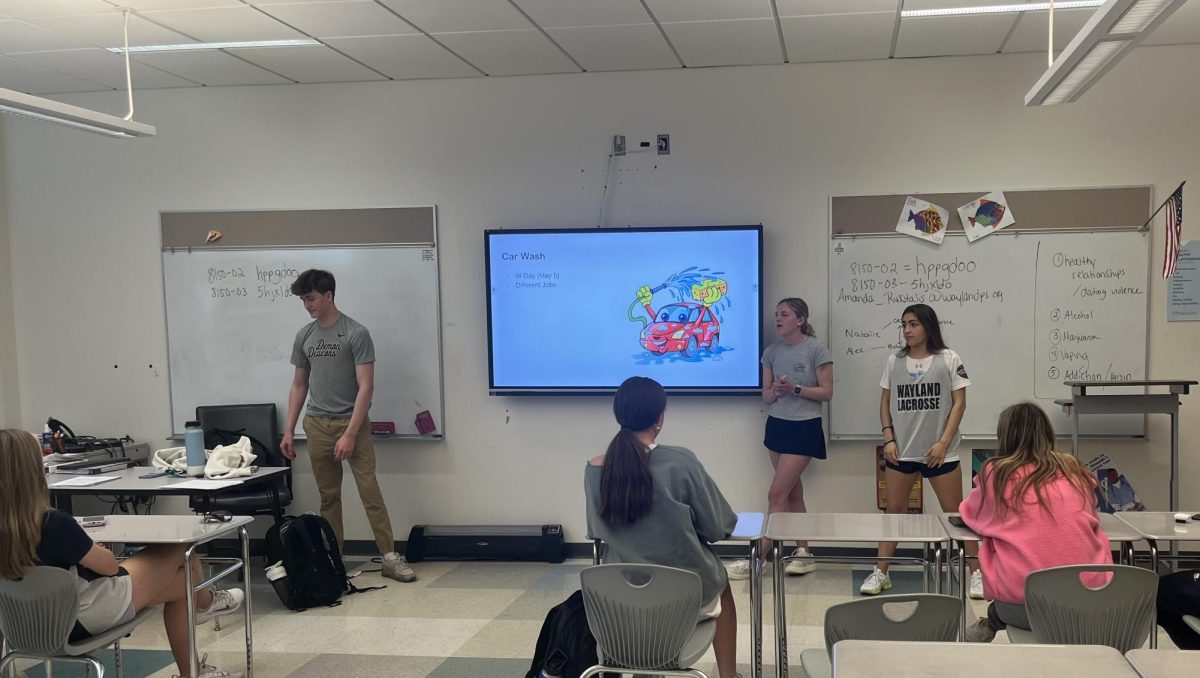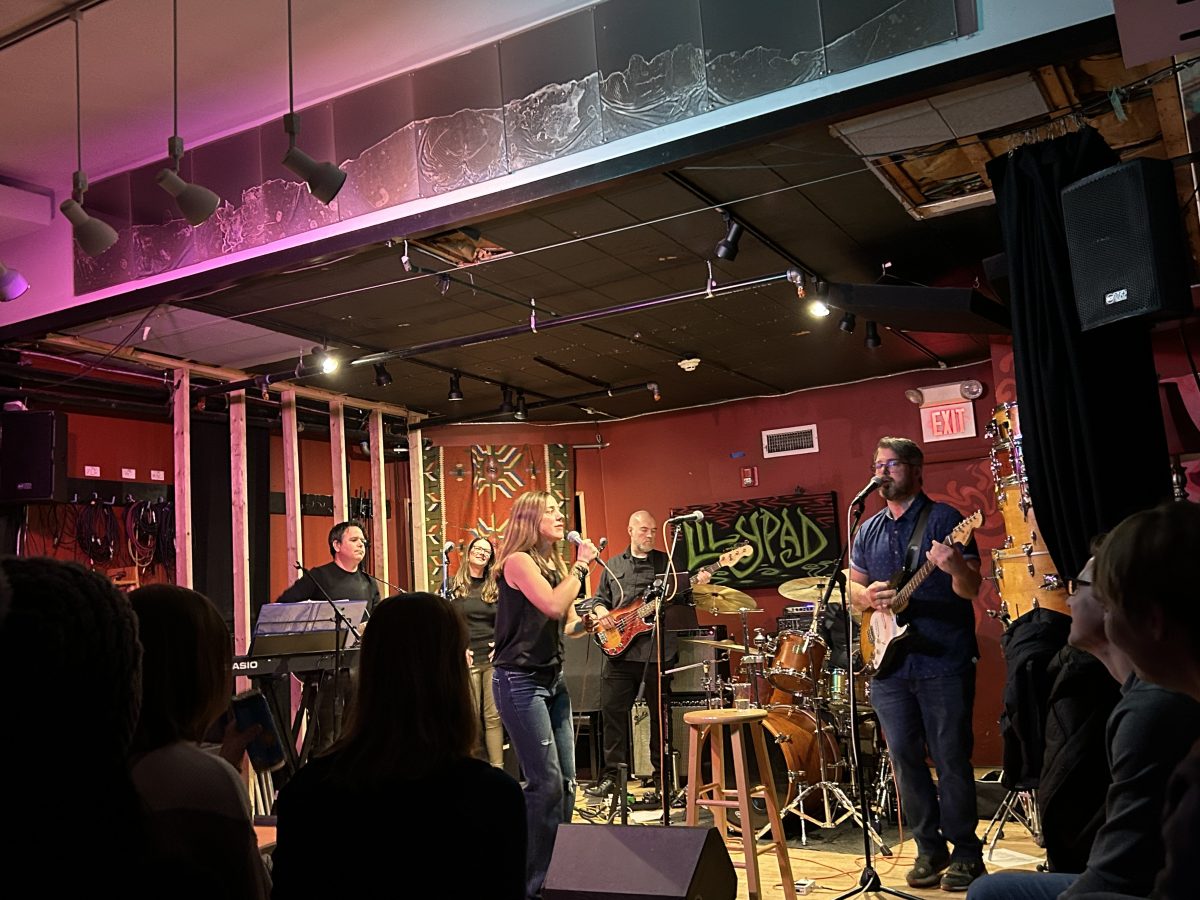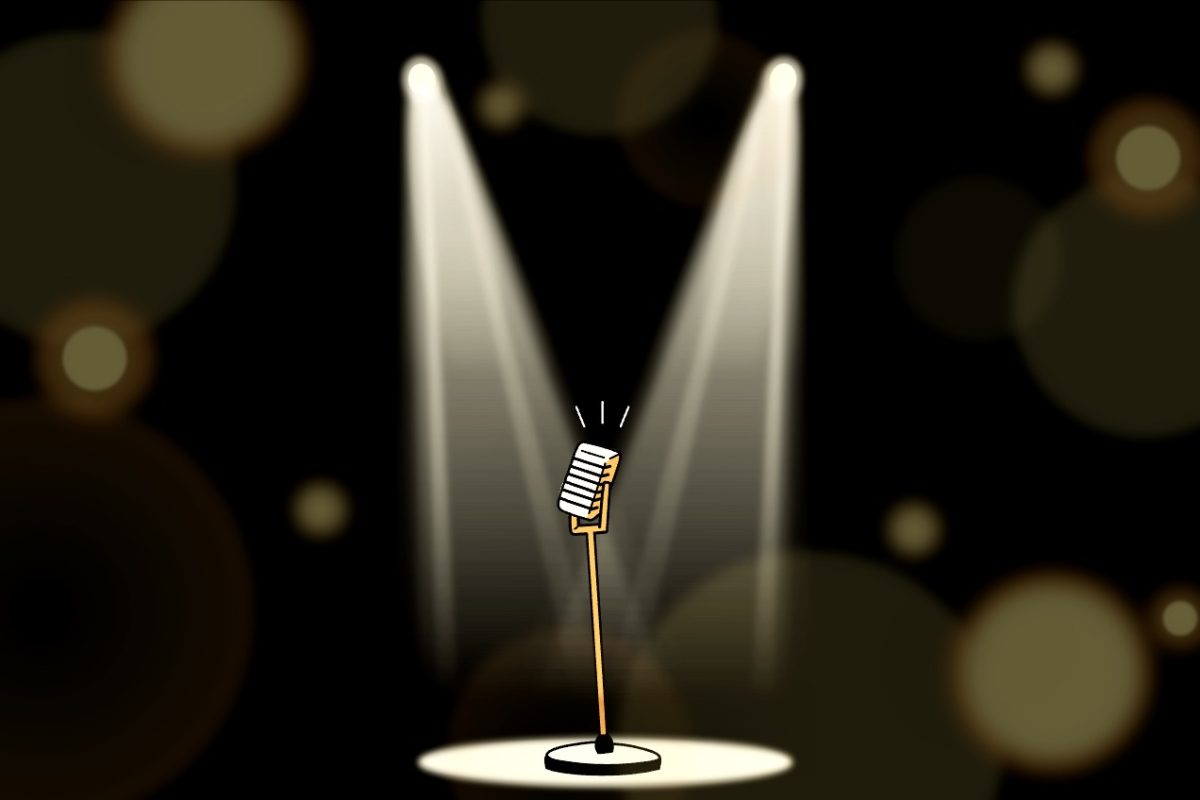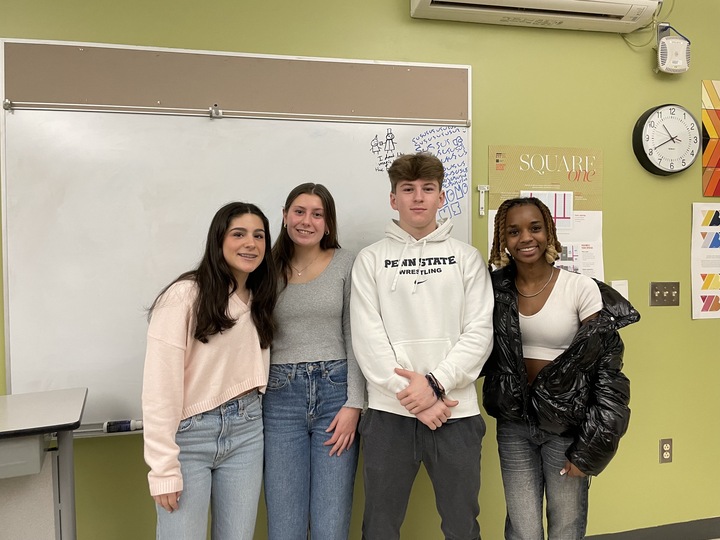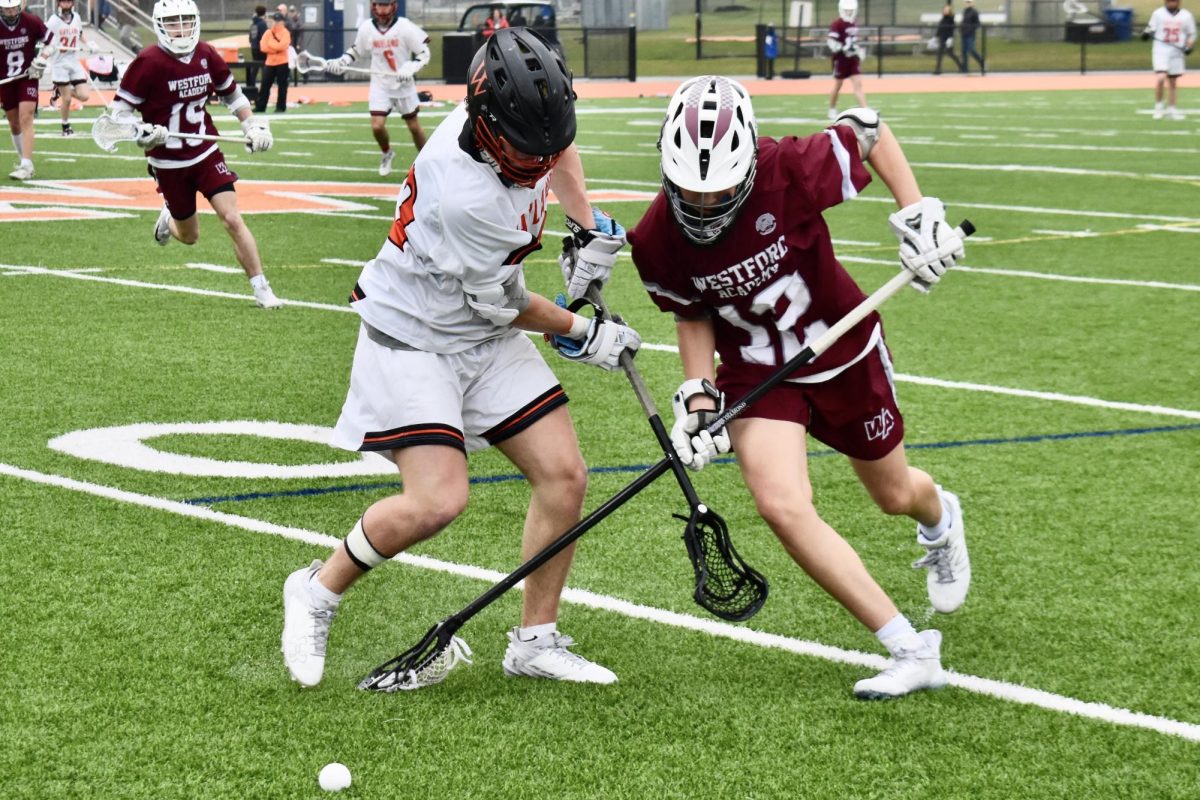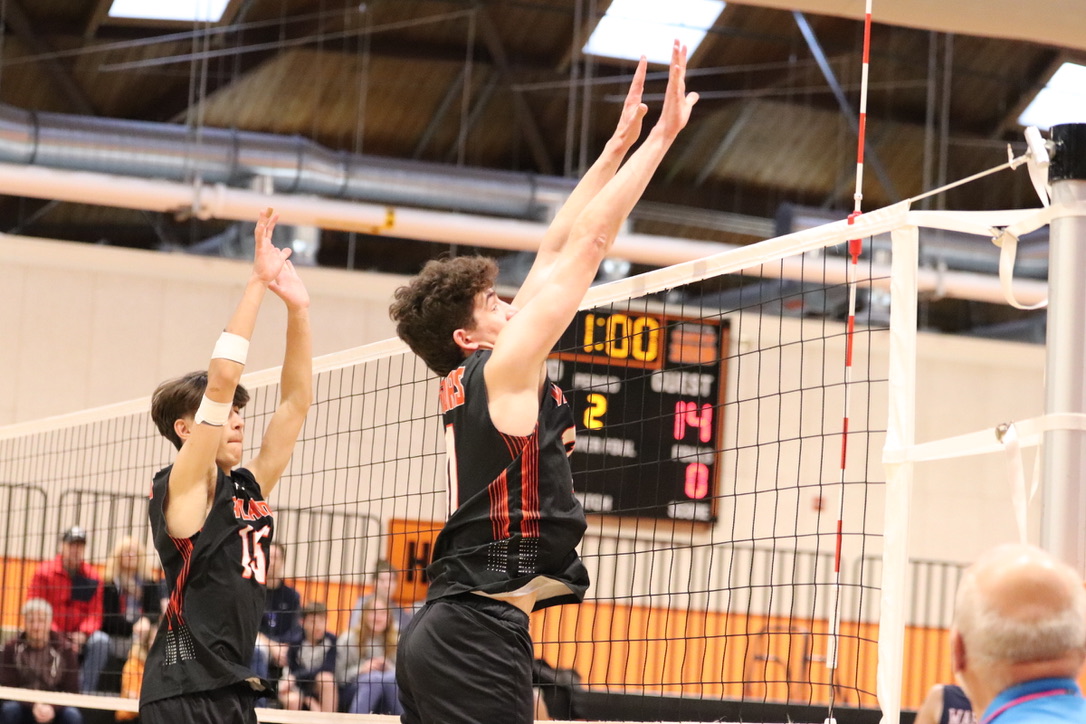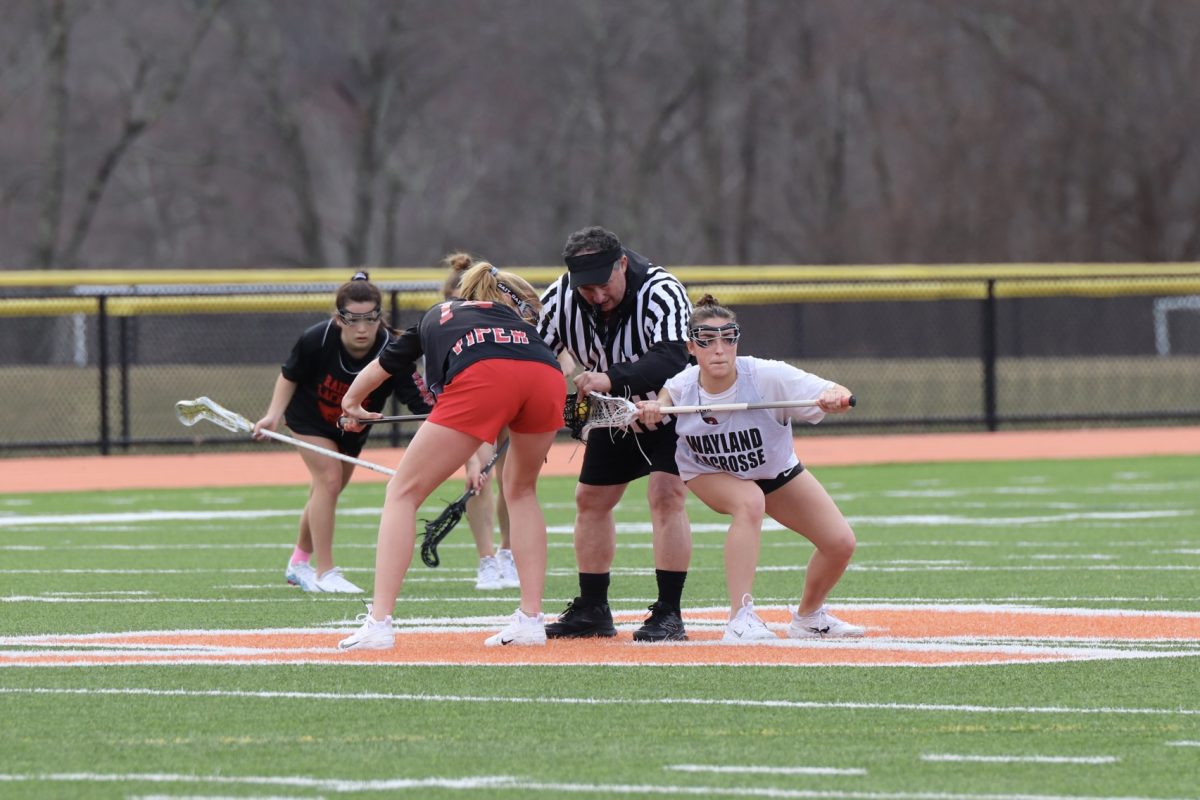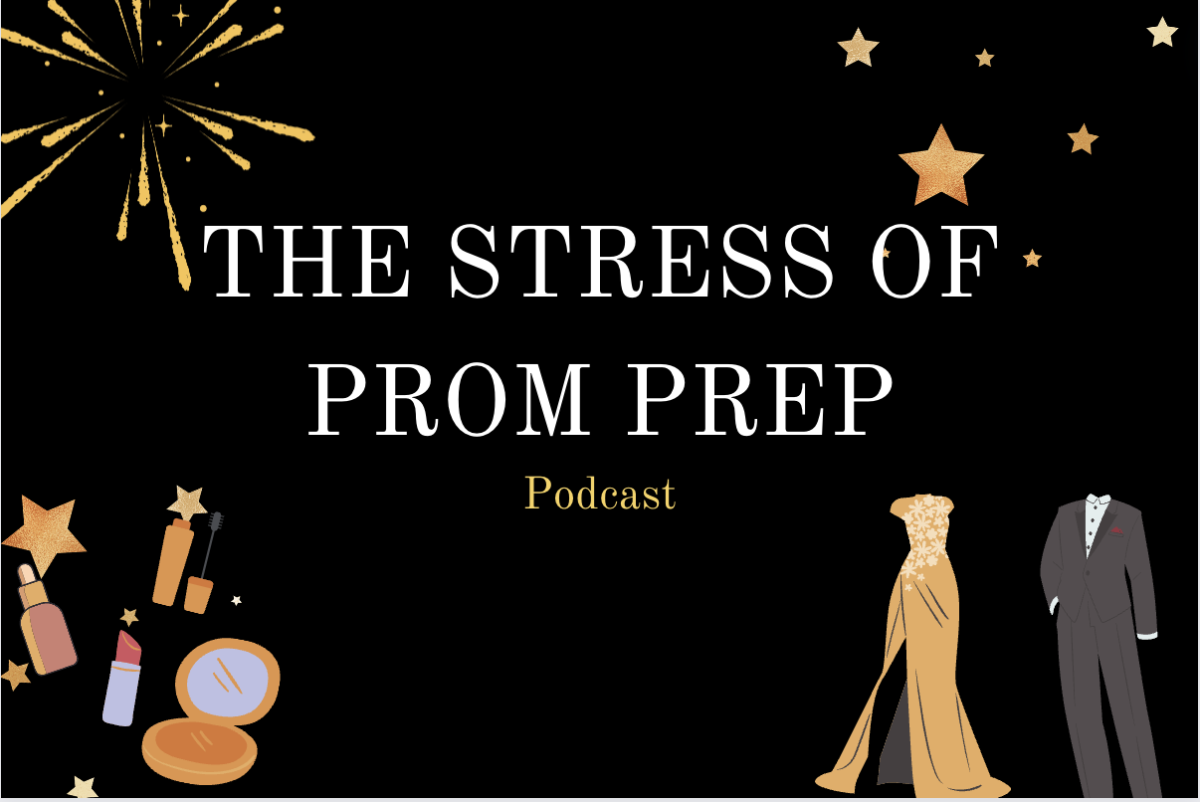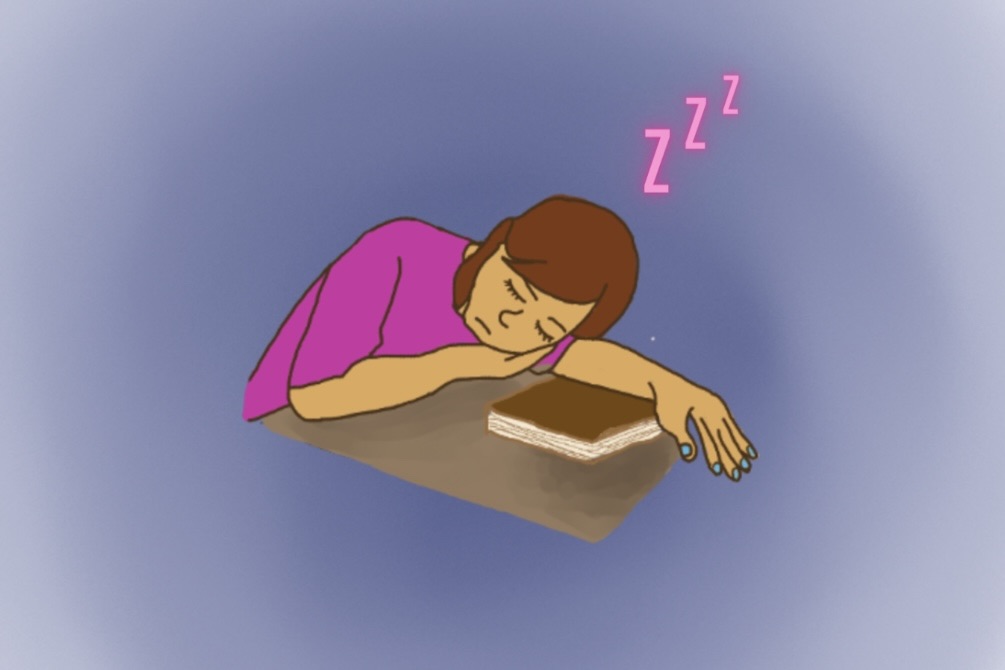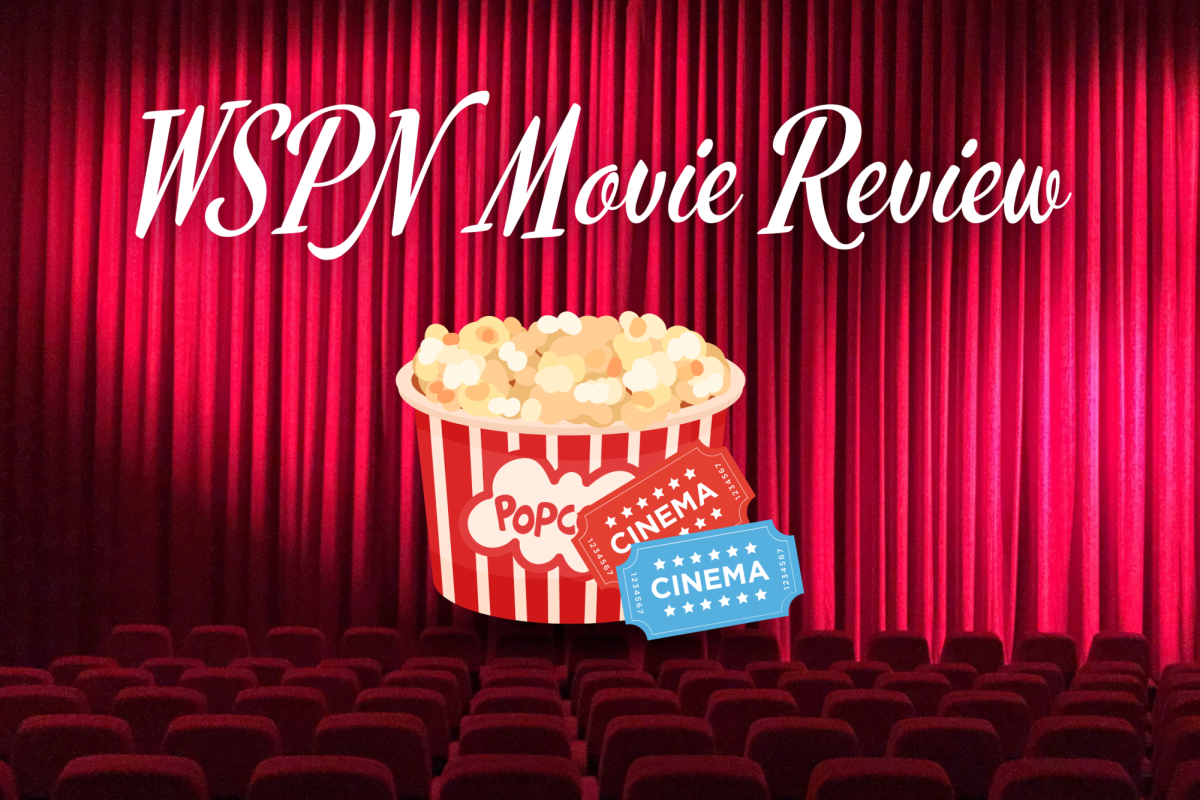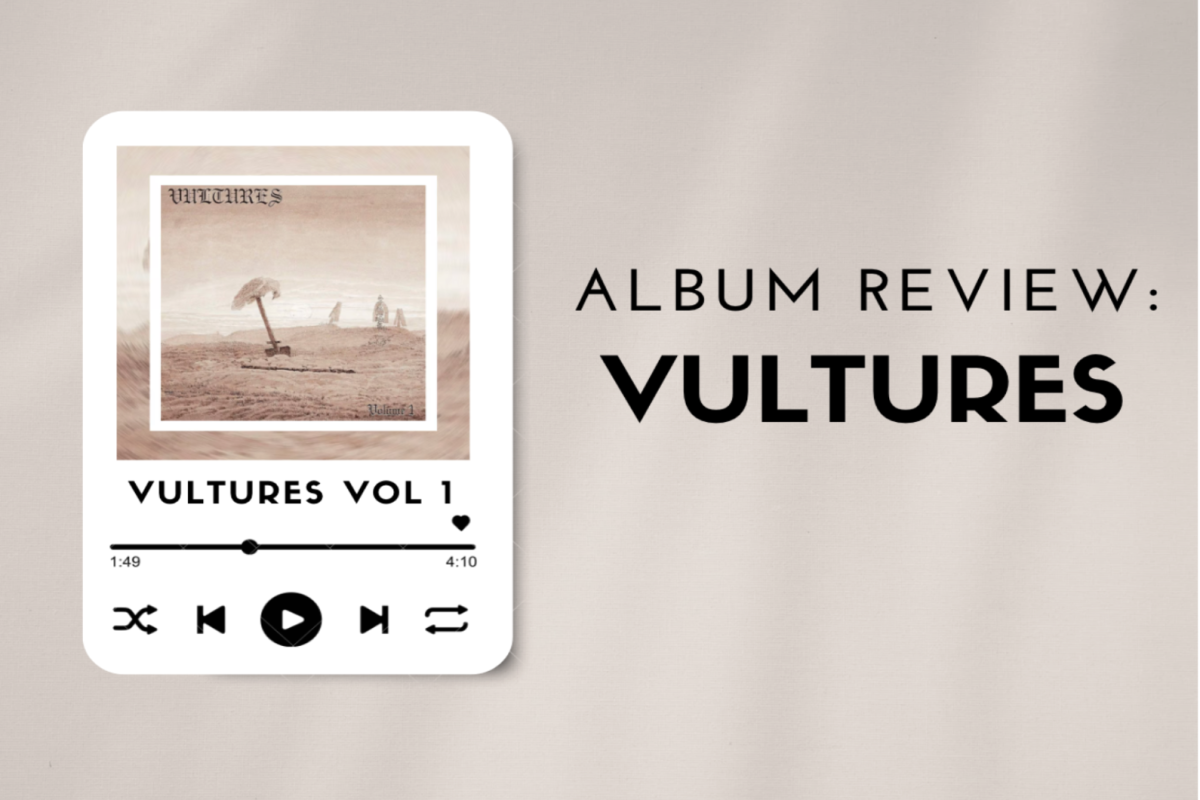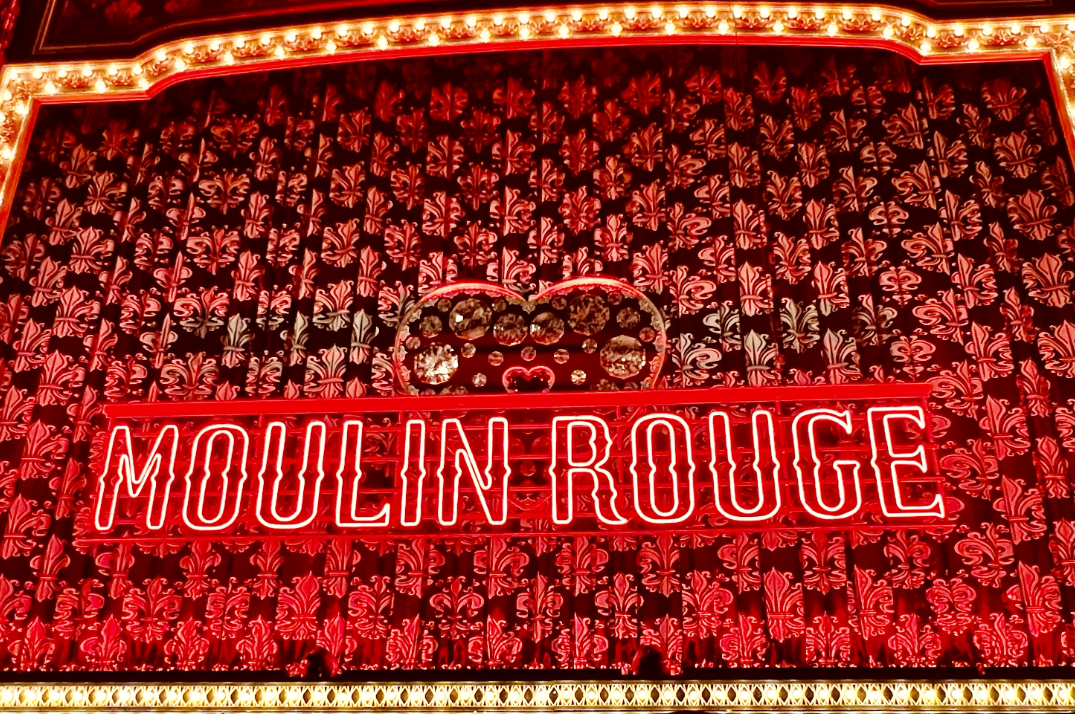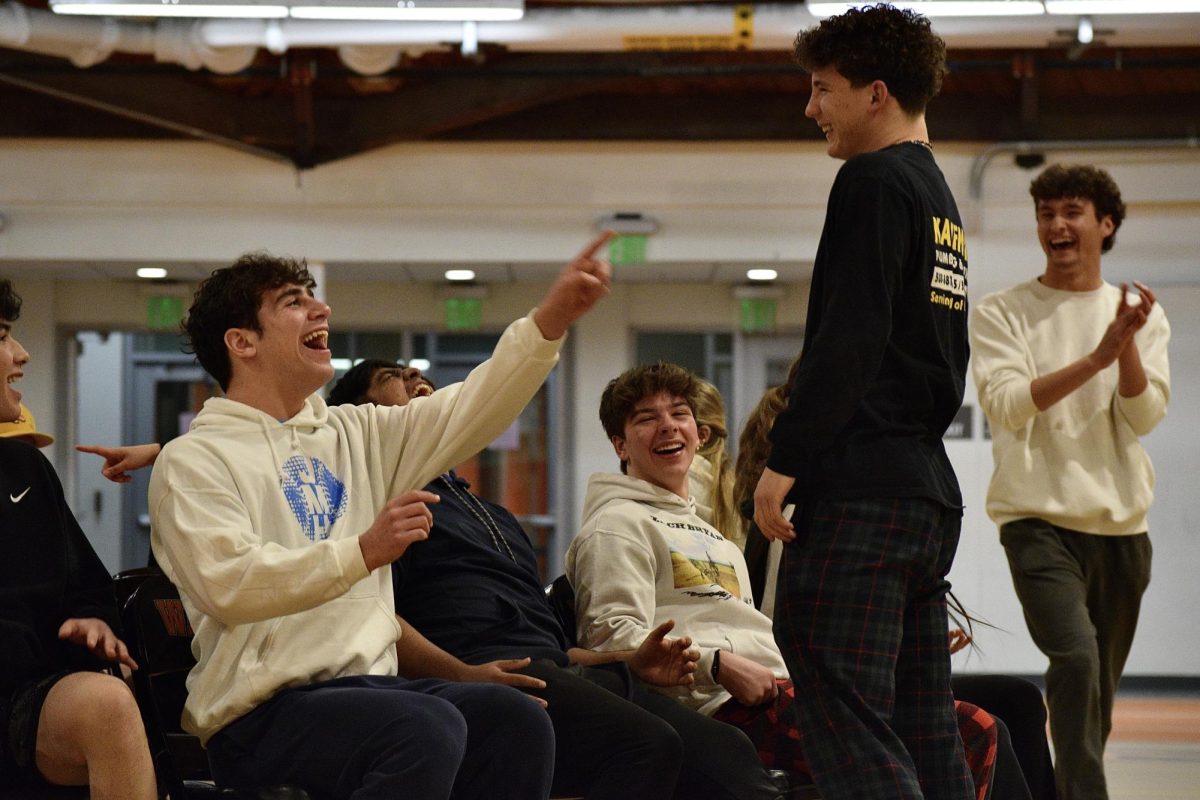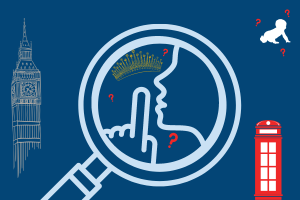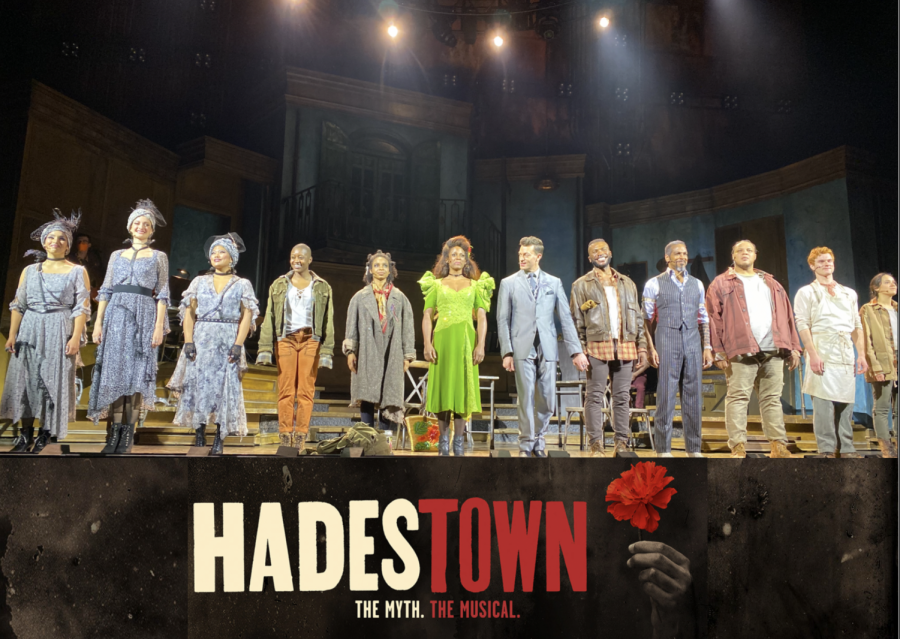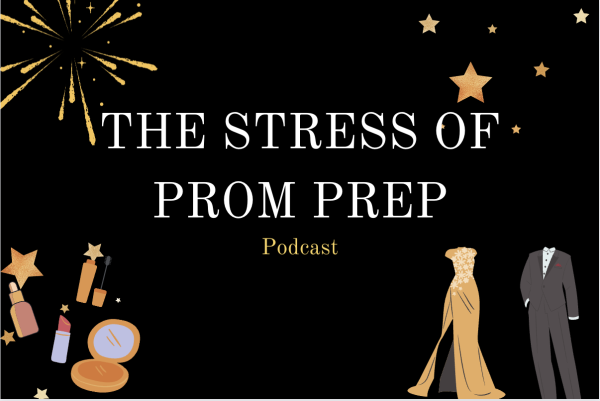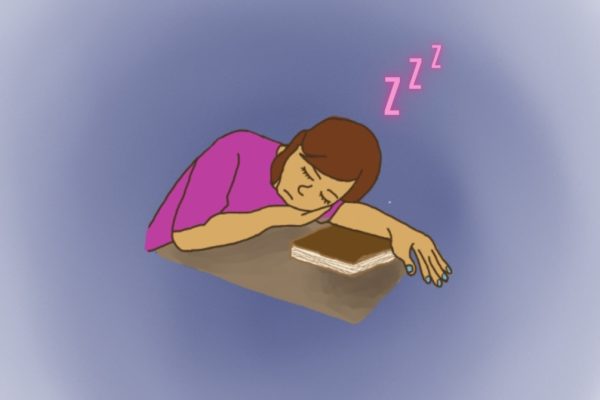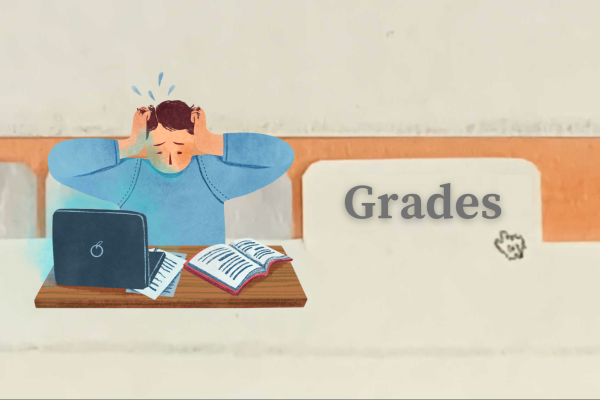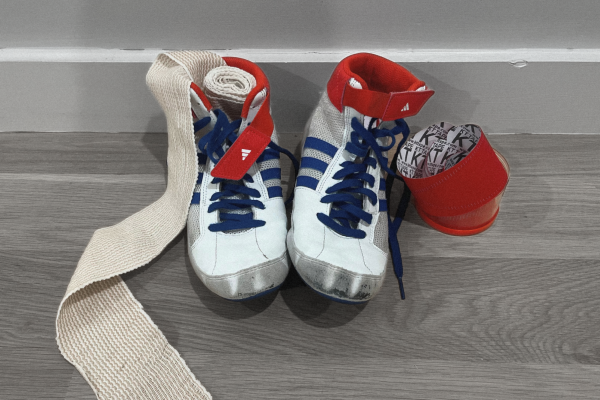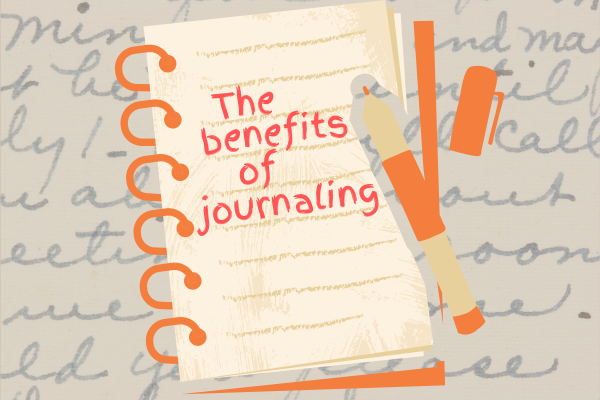Musical Review: Hadestown
Credit: Kally Proctor
The cast of the Nov. 2 to Nov. 14 production of Hadestown at the Citizens Bank Opera House in Boston, MA. WSPN’s Kally Proctor reviews the musical, written by Anaïs Mitchell, which is a modern retelling of the ancient Greek myth of Orpheus and Eurydice.
November 24, 2021
Warning: spoilers for “Hadestown”
In the opening scene of “Hadestown,” a bold, brassy trombone cuts through the air as the Greek god Hermes launches into the first song of the play: “Road to Hell”. The song kicks off the musical with a swinging, New Orleans jazz/blues feel, a quality that reoccurs in most of the songs. It’s not something that most people would have expected in the retelling of an ancient Greek myth. Quickly, I got the sense that this wasn’t going to be a “traditional” Greek myth.
In ancient Greek mythology, Hermes serves as the conductor of the dead to the Underworld; in “Hadestown,” he also acts as the story’s narrator. The ancient Greek myth which the musical is based on is the story of “Orpheus and Eurydice,” when a grieving musician named Orpheus travels to the underworld in hopes of reviving his recently deceased wife, Eurydice. In “Hadestown,” however, the storyline of the original myth has been modernized, and the plot and characters have been adapted to fit a drastically different time and audience.
The musical’s central cast includes Hermes, Hades (the god of the Underworld), Persephone (the goddess of Spring, as well as Hades’ wife), the Fates (the three old women who were in charge of everyone’s fates), Orpheus (a poet and musician graced by the gods) and Eurydice (the young woman who falls in love with and marries Orpheus).
In the original tale of “Orpheus and Eurydice,” Eurydice dies shortly after their wedding day, and Orpheus, overcome with grief, vows to get Eurydice back from the Underworld. In many versions of the original tale, little or no other backstory is given. In addition, Eurydice herself does not have any speaking lines, with the main center of the story focused solely on Orpheus and the power of his music to move those around him. The characters and the storyline of each tale are among the top reasons why I actually prefer “Hadestown” to the original myth.
In the play, the characters are much more fleshed out than they are in the myth, allowing viewers to understand the characters thoughts and desires better. In the musical, Orpheus and Eurydice’s characters are shown to have their own unique personalities and motivations, such as Orpheus’ extreme focus on his music and desire to make the world a better place through it, even to the point that he may ignore his other basic needs. However, Eurydice’s main focus is on survival, with her character giving up other things for a better or easier life. In this way, I felt that the play did much better than the original myth, which did not give each character their own motives and goals. Additionally, the viewer is given more background information about the characters and their circumstances in the musical than in the myth. I felt the play did a good job of setting up the story for the viewers and creating characters that I could care about.
Of course, like most pieces of musical theatre, “Hadestown” does most of its story-telling through its music. Therefore, it’s important that the music is able to effectively tell the story and convey emotion to the audience while still being music that’s fun to listen to and “good” melodically. I definitely think that the music of “Hadestown” has accomplished that task. And it seems many others would agree, with the musical having won eight Tony Awards, including those for best musical and best score. Some of the songs in this play that especially stood out to me were “Epic III,” a song which is central to the play’s plot and storyline. Other music numbers such as “Wait for Me,” “Hey Little Songbird” and “Why We Build the Wall” help to enhance the scene through the use of their specific musical styles, as well as their lyrical meanings.
In addition to the elegant melodies of “Epic III,” the song is one that is crucial to the storyline. The six-minute-long tune provides both conflict for the play, with Orpheus’ effort to finish writing it coming between him and Eurydice, as well as an ultimate resolution. Without spoiling the ending of the story, I’ll say that the finished song ties together several important themes present in “Hadestown,”and it ultimately reconciles, or “brings back into tune” (as said in the play), some of the central conflict present.
Orpheus’ beautiful, flowing main chorus in “Wait for Me” interspersed with Hermes’ very rhythmic, almost hip-hop-like verses effectively created a very interesting song. I felt the stylistic choices of the song made it more intriguing for me, and they really drew me in and made it stand out in my mind. In “Hey Little Songbird,” I felt that the tones and the melodic choices of the song successfully emphasized Hades’ character and added to the somewhat sinister feeling of the scene.
The song “Why We Build the Wall” added what I thought was an interesting layer to Hades’ character, as well as an intriguing parallel between reality and the world of “Hadestown.” The song is structured like a chant, with Hades leading the workers in the refrains. In this scene, Hades presents himself as a leader who rules over the Underworld, telling his workers how to think and act. The chant-like nature of the song made it feel to me like he was trying to ingrain the lessons of the song in them.
The lyrics themselves created an interesting parallel with real life, reminding me of former President Donald Trump’s initiative of building a wall along the border between the United States and Mexico, similar to the wall in the musical being built between the Underworld and the world of the living. The actions of the Underworld, in this case, were similar to those of the United States, with Hades saying in the song how they were building the wall to keep out others seeking their riches. This similarity was likely coincidental though, as the song was released in 2010, six years before Trump’s election run.
Looking back on the experience, I would rank this show as one of my favorite musicals of all time. Overall, a combination of the strong characters, interesting storyline and beautiful and meaningful music made “Hadestown” a great experience. I think this show is worth checking out, and I would absolutely recommend seeing the play if you get the chance. Fans of Greek mythology, those looking for unique new stories or anyone looking to change things up a bit, this play is for you.

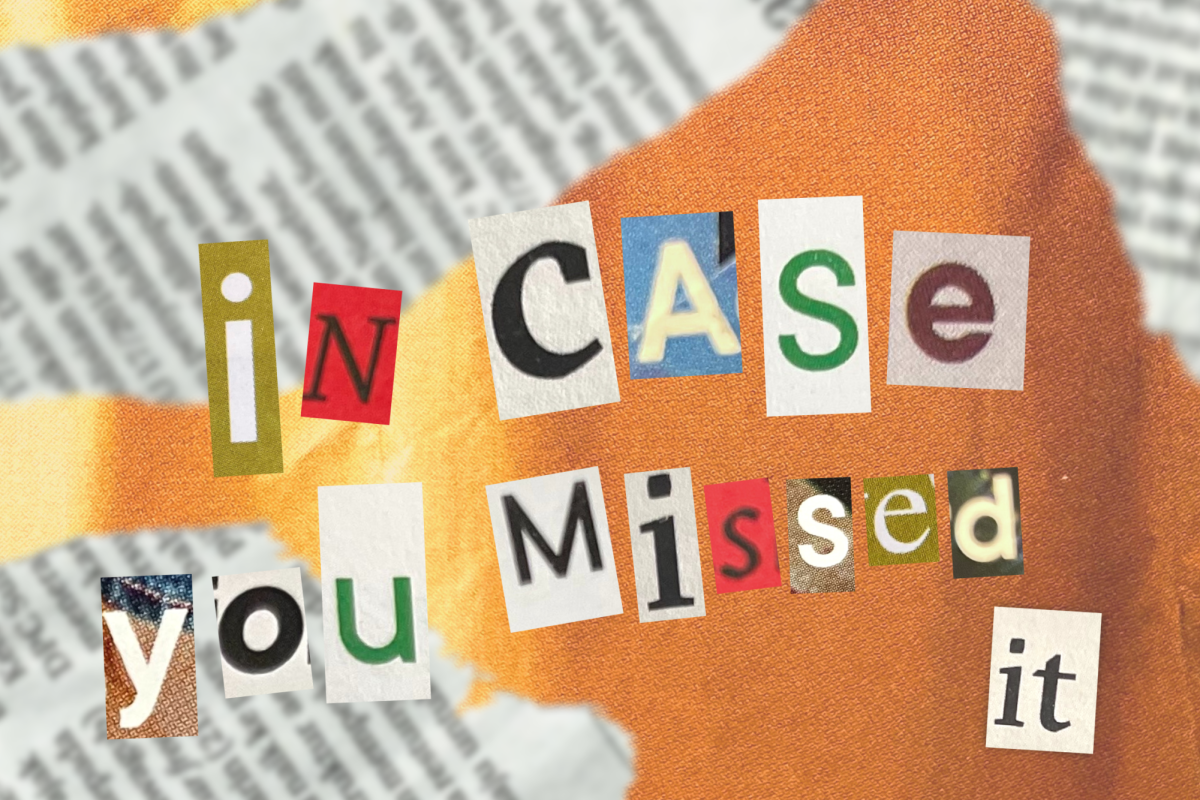








![WSPN staff reporter Marisa Mendoza sits down with Dr. Peggy McIntosh to discuss her work regarding white privilege and how she hopes her work will be influential for years to come.
The purpose of [my published] papers was to say that the public roles we are asked to play are filled with fraudulence, McIntosh said. People in high places, even the president, are fraudulent. We must not let other people make us feel like frauds. Let us continue to spot fraudulence in the public roles we are asked to play.](https://waylandstudentpress.com/wp-content/uploads/2024/04/IMG_7403-scaled-e1714358061368.jpg)

![WSPN’s Annika Martins and Maddie Zajac explore the athletic life of senior Annabelle Zhang through her badminton career. “This [photo] is me and my former partner after we won the 2022 junior nationals mixed doubles category,” Zhang said.](https://waylandstudentpress.com/wp-content/uploads/2024/04/IMG_6629-1200x900.jpg)
